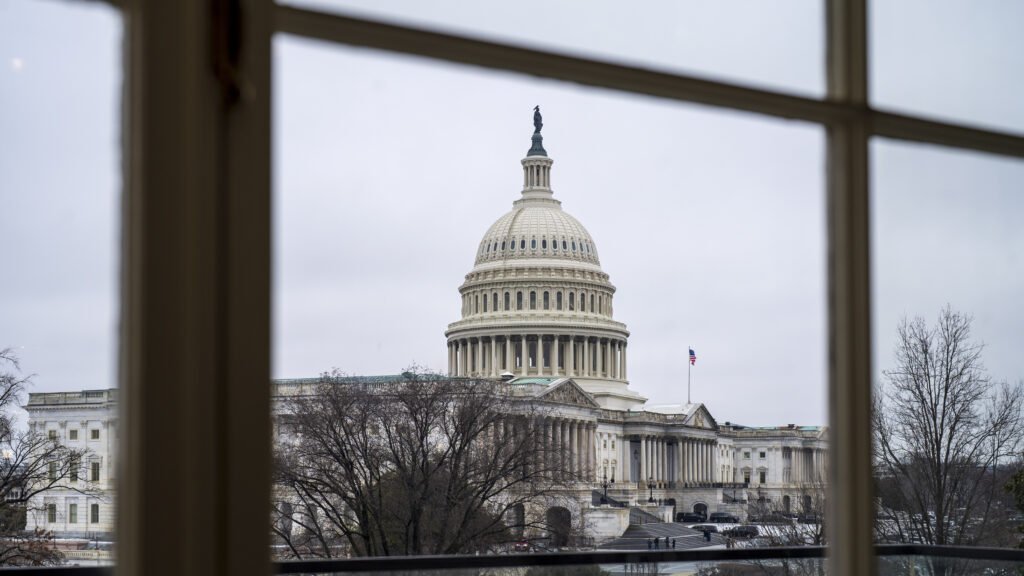House Republicans narrowly passed a budget bill on Tuesday, marking the first step towards extending President Trump’s tax cuts and reducing spending on Medicaid. However, the process was far from smooth, and the two hours of uncertainty leading up to the bill’s passage serve as an early indication of the challenges that lie ahead in enacting Trump’s agenda.
Initially, Republican leadership had to cancel the vote on the budget resolution after struggling for more than an hour to persuade GOP holdouts to change their votes. Surprisingly, about 10 minutes later, leadership called for a second vote, prompting lawmakers to return to the House floor to cast their votes once again. Ultimately, the bill passed by a narrow margin of 217 to 215, with Rep. Tom Massie of Kentucky being the sole Republican dissenting vote. Notably, all Democrats voted against the bill.
The passage of the budget bill sets a shaky foundation for Republicans as they aim to renew the tax cuts implemented by Trump in 2017. Their agenda includes eliminating taxes on tips and overtime pay, reducing taxes on companies that manufacture in the United States, and lowering taxes on Social Security benefits. To achieve these goals, Republicans plan to utilize a budget reconciliation process that would allow them to pass the tax cuts without the support of Democrats.
As the political landscape continues to shift, the challenges faced by Republicans in passing this budget bill serve as a stark reminder of the obstacles that lie ahead in implementing President Trump’s agenda. With a slim majority in the House, navigating contentious issues such as tax cuts and Medicaid spending will require strategic planning and effective communication within the party. The passage of this budget bill may be just the beginning of a complex and arduous legislative journey for Republicans in the months to come.


